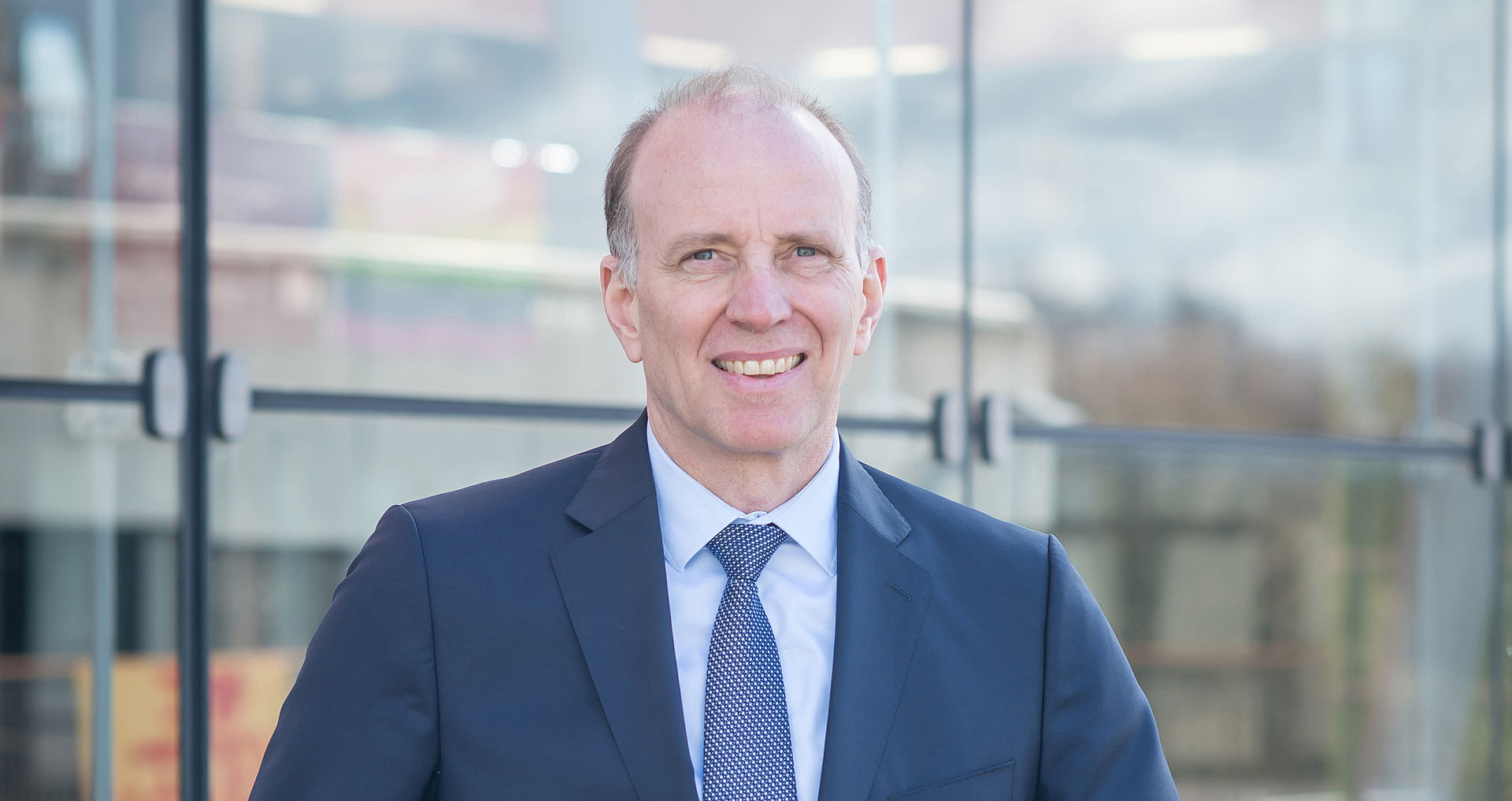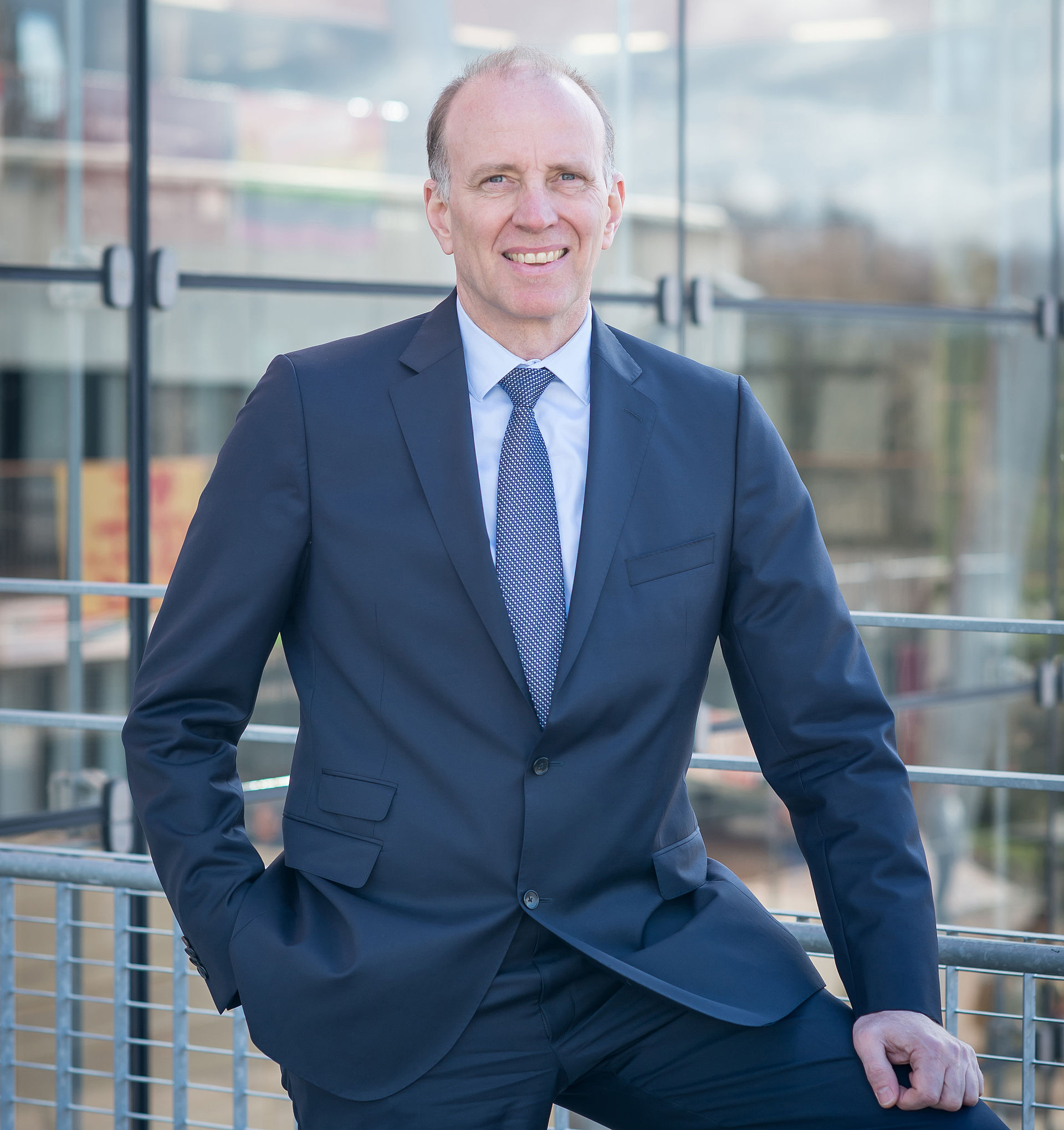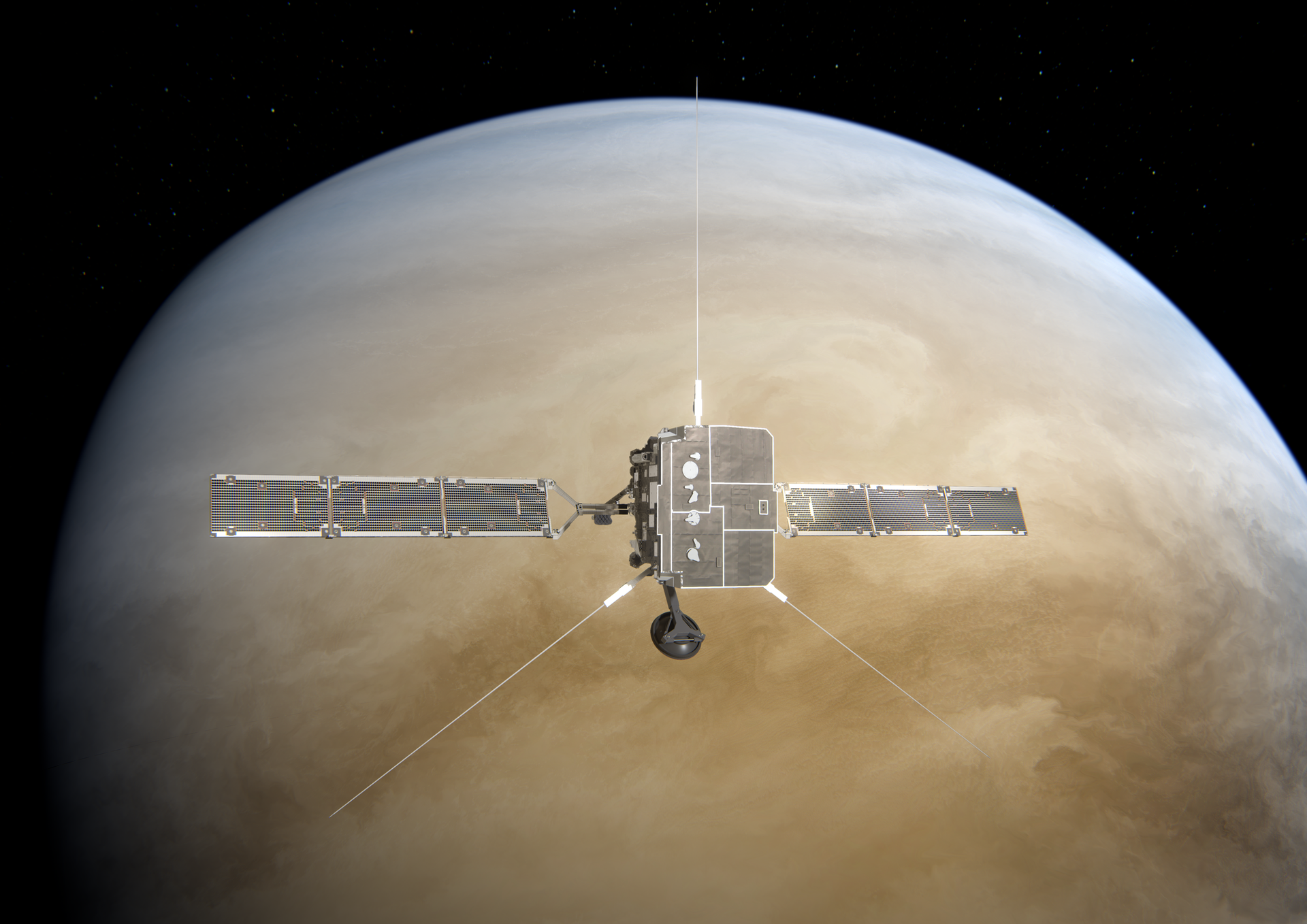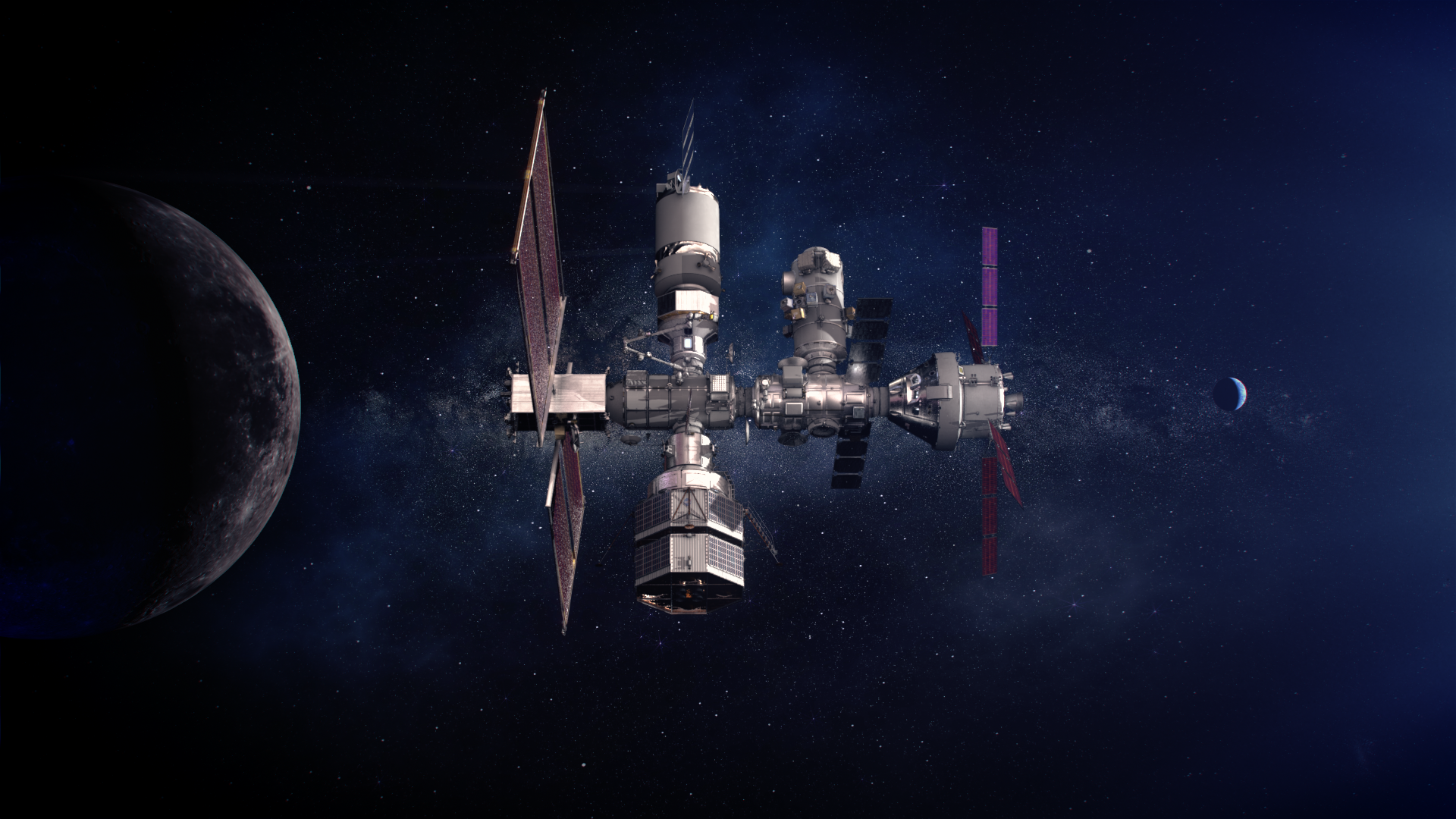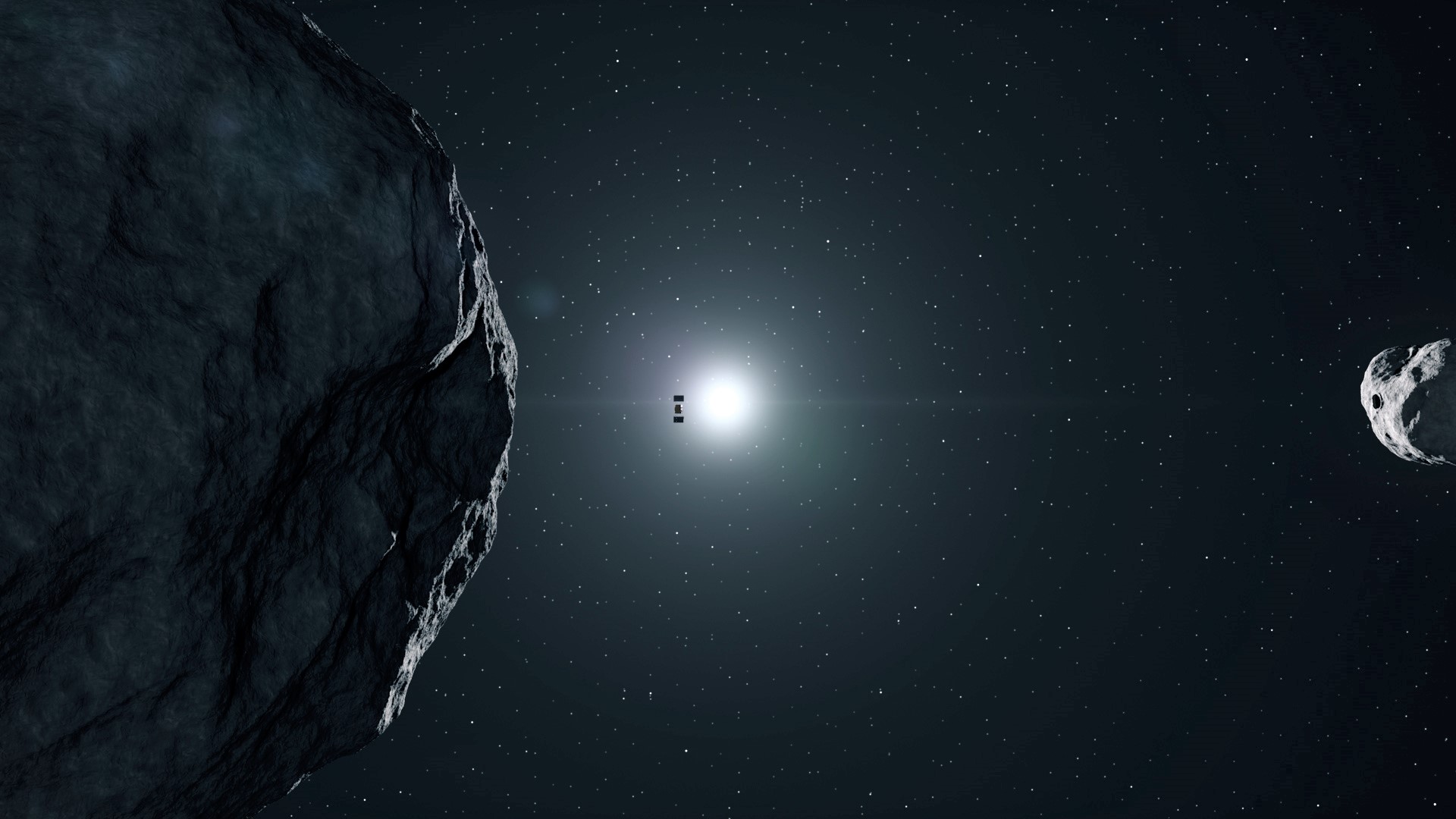July 21, 2021. I'm always careful with superlatives; most of the time they don't fit. But the Blue Origin crew's flight into space can't be called anything other than historic. Jeff Bezos, the richest man in the world, ascended to an altitude of 107 kilometers in just under four minutes with his brother Mark, 82-year-old American Wally Funk and 18-year-old Dutchman Oliver Daemen, crossing the boundary into space. After just over ten minutes, the capsule, which had separated from the New Shepard rocket about three minutes after launch, landed safely back on Earth near the launch site in West Texas. The reusable rocket landed just before that, spreading plumes of smoke, pretty much in the middle of the launch pad.
You may object: what's historic about launching a rocket in 2021? After all, rockets have been lifting off into space for more than 50 years. That's right. Still, the Blue Origin flight is historic in that, in addition to the technical challenge of a vertical rocket launch and the safe vertical landing of the reusable stage, it also involved transporting civilians to the edge of space for the first time. And that was an incredible pioneering feat. Realize for a moment the risk Jeff Bezos was taking with that flight. After all, he didn't wait three or four flights to get into the capsule himself. He made the frontrunner - and was rewarded. "Best day ever," he therefore rightly cheered, completely without exaggeration, when the capsule made contact with the ground again.
I can't imagine a greater public commitment to one's own product than Bezos' flight in his own rocket. The venture could have gone wrong at any stage. The consequences would be almost impossible to assess. First of all, for the people on board; a tragedy would in all likelihood have occurred. But the day would also have been a disaster for markets and visions. All further planned flights with civilians into space would have been ended forever. The company Blue Origin, crewed space flight and the commercial space industry as a whole would have been set back for the time being. Not to mention the damage to Amazon, with which the name Jeff Bezos is inextricably linked.
But thank God everything went well. And that's why this audacious ride will give new impetus to the space industry. The achievements of Virgin Galactic and Richard Branson should not be forgotten either. The British billionaire also flew around 80 kilometers into the sky with civilians a good week before Bezos. However, his vehicle detached from an aircraft and did not take off vertically like a rocket. Both projects have brought humanity closer to space. And as much as the discussion about the sense and nonsense of such flights is justified, it can also be argued that progress in the history of mankind has always been made when risks were taken and limits overcome. In short, when historic things have happened.
I welcome missions like Bezos' and also Branson's flights because they draw global attention to what space endeavours are capable of. In my view, space tourism will not become a mass business for a long time yet. The costs and risks are simply too great for that, and the environmental impact of rocket launch emissions, which is currently the subject of intense debate, not only has its raison d'être, but also has to be weighed against the fun factor for individuals. Nevertheless, Bezos' and Branson's flights will again provide important building blocks for the improvement of space travel, and this will also have positive effects on the useful space activities that are important for all of humanity.
After all, the much more significant achievement of spaceflight is that of observation, that of gathering facts about the Earth as a system. Only from an altitude of a few hundred kilometers are we able to record the development of our planet as a whole - from which we then gain the insights to develop solutions. Jeff Bezos put it in a similar way to the media after his landing. He said we need to do both: solve problems on Earth and fly into space. I believe that the two are more interdependent than ever. Certain problems on Earth - such as climate change, the greenhouse effect, leaks in oil and gas pipelines, or even communication gaps - can only be solved with support from space, and only by advancing our capabilities in that area will we be able to make an essential contribution to improving life on Earth.
Personal details:
Born in 1962, Marco Fuchs studied law in Berlin, Hamburg and New York. He worked as an attorney in New York and Frankfurt am Main from 1992 to 1995. In 1995, he joined OHB, the company that his parents had built up. He has been Chief Executive Officer of OHB SE since 2000 and of OHB System AG since 2011. Marco Fuchs is married and has two children.

